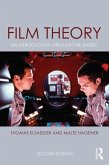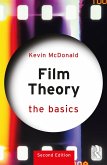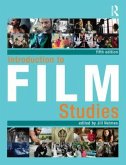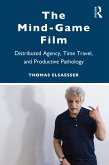What is the relationship between cinema and spectator? This is the key question for film theory, and one that Thomas Elsaesser and Malte Hagener put at the center of their insightful and engaging book, now revised from its popular first edition. Every kind of cinema (and every film theory) first imagines an ideal spectator, and then maps certain dynamic interactions between the screen and the spectator's mind, body and senses. Using seven distinctive configurations of spectator and screen that move progressively from 'exterior' to 'interior' relationships, the authors retrace the most important stages of film theory from its beginnings to the present-from neo-realist and modernist theories to psychoanalytic, 'apparatus,' phenomenological and cognitivist theories, and including recent cross-overs with philosophy and neurology. This new and updated edition of Film Theory: An Introduction through the Senses has been extensively revised and rewritten throughout, incorporating discussion of contemporary films like Her and Gravity, and including a greatly expanded final chapter, which brings film theory fully into the digital age.
Hinweis: Dieser Artikel kann nur an eine deutsche Lieferadresse ausgeliefert werden.
Hinweis: Dieser Artikel kann nur an eine deutsche Lieferadresse ausgeliefert werden.








